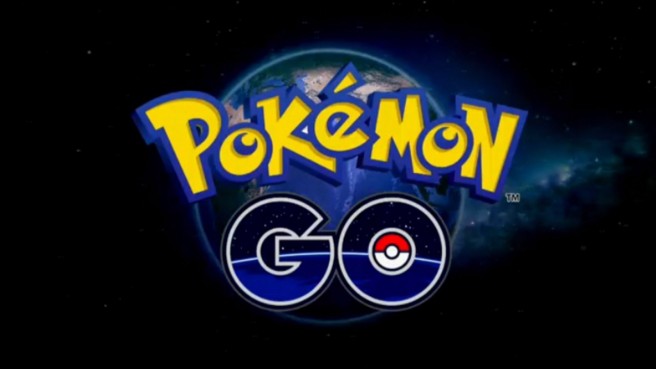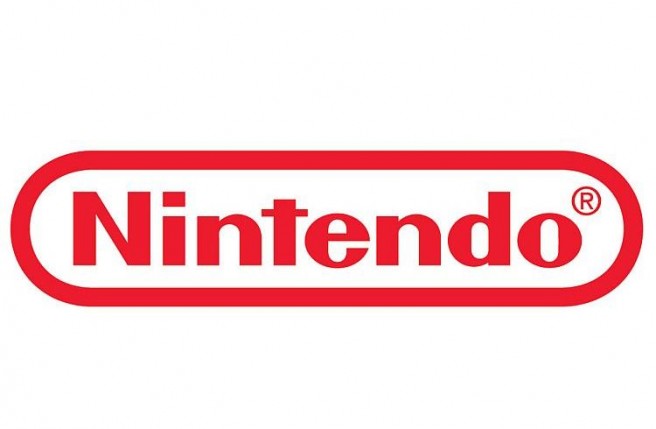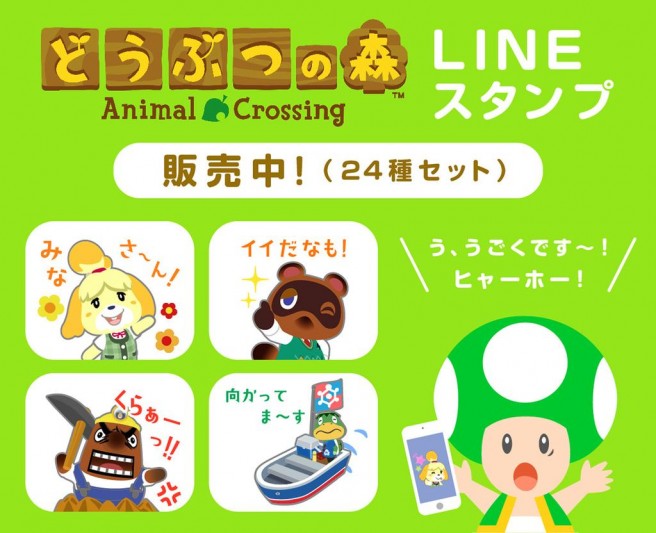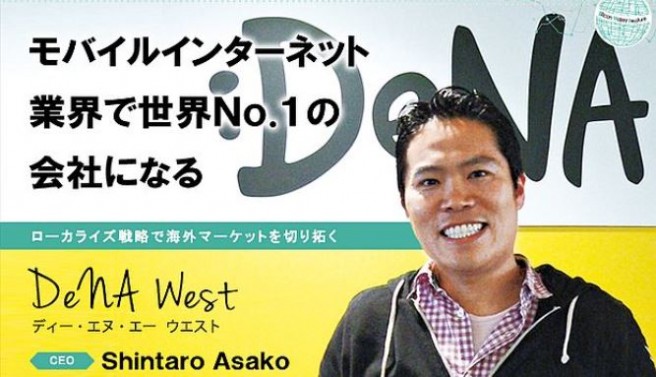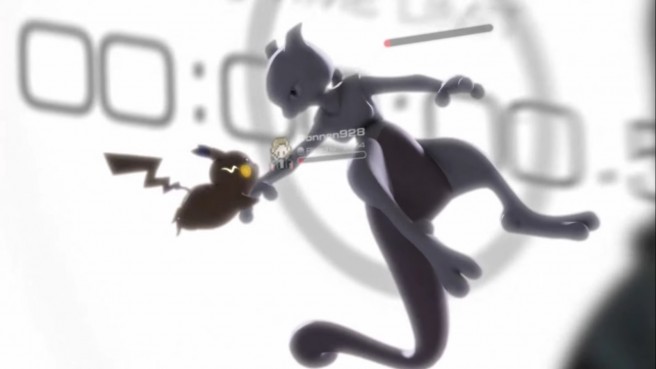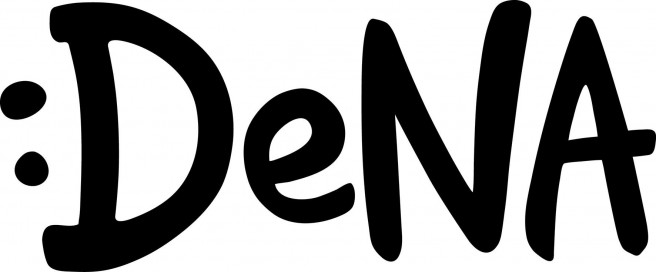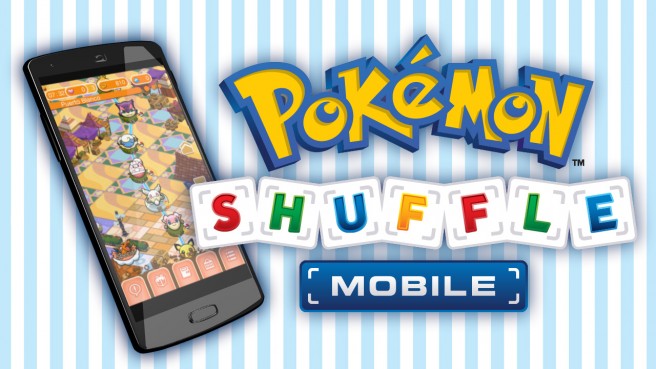Pokemon Go news coming very soon
Posted on 8 years ago by Brian(@NE_Brian) in Mobile, News | 4 Comments
Pokemon Go was announced last month. We saw a trailer and received some information, but we don’t really know how the game will play. That should be changing very soon though. Niantic representative Evan Dexter told Slate a couple of weeks ago that more information would be shared in “mid-October”. It’s October 10 today, so an update shouldn’t be too far off.
Dexter said:
“We’re not quite ready to talk in more depth about Pokémon GO than what was revealed in the announcement press release and assets. Come mid-October we’ll be able to start going into more depth about our plans for the game, and about our plans for real world gaming overall.”
Pokemon Go is a new smartphone game coming from The Pokemon Company, Niantic, and Nintendo. It makes use of “real location information to encourage players to search far and wide in the real world to discover Pokemon.” The title is arriving sometime in 2016.
Thanks to Jake for the tip.
More: Niantic, Pokemon GO, top
Nintendo and DeNA apparently revealing first mobile game soon
Posted on 8 years ago by Brian(@NE_Brian) in Mobile, News | 41 Comments
It shouldn’t be too long now before we get a first look at Nintendo and DeNA’s first mobile game. According to Japanese gaming analyst Dr. Serkan Toto, we’ll be seeing it “soon”. Toto also said that we should “expect the unexpected”.
About that first Nintendo-DeNA mobile game: Expect the unexpected, and soon.
— Dr. Serkan Toto (@serkantoto) October 2, 2015
LINE app adds Animal Crossing stickers
Posted on 8 years ago by Brian(@NE_Brian) in Mobile, News | 0 comments
The mobile messaging app LINE has been updated with stickers based on Animal Crossing. Pricing is set at $1.99 / €1.99 / 240 yen for the set. You can get a look at all of the different stickers here.
LINE is particularly big in Japan, where it is the country’s top social media platform. Over 600 million users have used the app thus far.
More: LINE
DeNA West CEO thinks “at least 150 or 200 million people” will give Nintendo’s mobile games a shot
Posted on 8 years ago by Brian(@NE_Brian) in Mobile, News | 20 Comments
DeNA West CEO Shintaro Asako thinks that there’s a big opportunity for Nintendo’s upcoming mobile games to reach a huge number of people. In an interview with alistdaily, Asako expressed his belief that “at least 150 or 200 million people” will try out these offerings when they’re ready for launch.
Asako told the site:
“Hundreds of millions of people have bought Nintendo consoles. Those are people who decided to spend a minimum of $200 just to get access to Nintendo IP. That number is already twice as big as the Candy Crush total user base. Not only that, every single person buying Nintendo devices spends an average of about $100 per year on software. So I have no question that when Nintendo’s mobile games come out, at least 150 or 200 million people will try it. These people are super core Nintendo fans who used to spending $150 to $250 just to access the content. Let’s say only 10% end up playing, and then those users pay $3 a month, that’s still perhaps a $60 million dollar a month game.”
alistdaily also asked about the marketing strategy he thinks will be necessary for Nintendo’s mobile games. Regarding this, Asako said:
“We know Nintendo IP is powerful, but we need to let people know the game is coming out. From that perspective I think mass marketing makes sense for Nintendo games. Usually you have more on digital marketing and later on the mass marketing kicks in, because you don’t want to start mass marketing until you’ve evaluated LTV (long-term value), because otherwise you might be wasting money. When you have strong IP like Nintendo you can kind of predict what kind of installs you can get, so to reach the level of mass-marketing isn’t that much of a risk.”
More: DeNA, interview, Shintaro Asako, top
Pokemon Go getting a closed beta in winter 2015, out early next year
Posted on 8 years ago by Brian(@NE_Brian) in Mobile, News | 17 Comments
During a press conference last night, Pokemon Go was announced for smartphones. We heard that it was on track for a release next year, but now we have slightly more information.
The latest Ingress report reveals that Pokemon Go will be receiving a beta in winter 2015. Additionally, the title now has a more specific “early 2016” launch window. We’ll be receiving more information within the next few weeks supposedly.
More: Niantic, Pokemon GO
Pokemon GO is not part of the DeNA – Nintendo partnership
Posted on 8 years ago by Matt(@OnePunchMaz) in Mobile, News | 6 Comments
Pokemon GO was announced earlier today for Android and iOS devices. Nintendo is involved with it, but the game is apparently not part of the company’s partnership with DeNA. DeNA confirmed this to Dr. Serkan Toto.
The first smartphone game jointly developed by Nintendo and DeNA is planned for release this year. If Nintendo are still sticking to that plan, we should hear an announcement pretty soon.
More: DeNA, Pokemon GO
Update: Transcript added – Watch the full Pokemon GO press conference
Posted on 8 years ago by Matt(@OnePunchMaz) in Mobile, Videos | 4 Comments
Update: Here’s a full transcript of the event from the official Pokemon website.
Pokemon GO was announced earlier today. In case you want to watch the whole announcement conference yourself, The Pokemon Company have uploaded a recording of the conference to their Youtube channel. Check it out below:
More: Pokemon GO
Pokemon Go announced for smartphones, Nintendo involved
Posted on 8 years ago by Brian(@NE_Brian) in General Nintendo, Mobile, News | 55 Comments
Update: Official announcement is after the break.
Today, The Pokemon Company announced a new game for smartphones: “Pokemon Go”. Niantic Labs is working on the project in addition to Nintendo.
Here’s what we know thus far:
– For smartphones
– Out next year
– Niantic Labs (startup from Google, now independent) is making the game
– Nintendo is also on board for the project, along with The Pokemon Company
– Started out 2 years ago
– Satoru Iwata was pretty involved
– Meet up in the real world to play together, go on adventures
– Vision shared by Pokemon president Tsunekazu Ishihara and Iwata
– Capture Pokemon
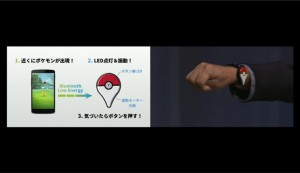
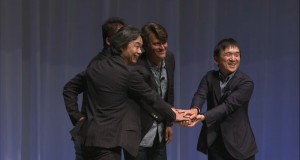
– They will inhabit parks, countryside, places around the world
– One of the original creators of Pokemon, Junichi Masuda (Game Freak), is working on the game
– Seek out Pokemon, capture them, use them to battle other players
– Will have a lot of depth so it can be enjoyed by players of various ages
– Will use real location information
– Masuda is thinking about how it will connect with future Pokemon games
– Alongside Nintendo, they’ve come up with a device to perform certain actions without having to put down your screen: Pokemon Go Plus (Bluetooth enabled)
– This uses a LED and vibration to notify players of things happening in-game
– Game can be enjoyed without the accessory
– Focused on how players would look when making Pokemon Go Plus
– Nintendo still trying to expand the gaming population
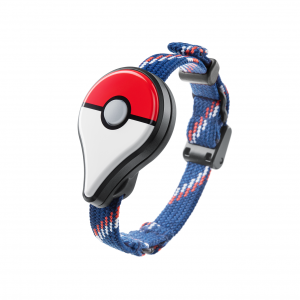
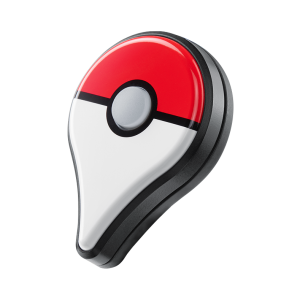
You’ll find a trailer for Pokemon Go below.
Pokemon Shuffle Mobile launch trailer
Posted on 8 years ago by Brian(@NE_Brian) in Mobile, Videos | 1 Comment
A launch trailer is now available for Pokemon Shuffle Mobile. Check it out below.
More: Pokemon Shuffle
Pokemon Shuffle news: iOS & Android version out in the West, new events and levels in the 3DS version
Posted on 8 years ago by Matt(@OnePunchMaz) in 3DS eShop, Mobile, News | 10 Comments
The iOS and Android version of Pokemon Shuffle came out last week in Japan. Today, it’s finally been released in the West as well. It’s free to play, so why not give it a shot?
The 3DS version of the game, meanwhile, is still getting a constant stream of updates. Today, a couple of new stages were added to the game.
First of all, you can face off against the Legendary Pokemon Lugia in a Special stage. This is a timed challenge, giving you only 30 seconds to complete it. This stage will be available until September 14.
Another timed stage has you facing off against Carnivine, giving you one minute to beat it. This stage will be available until September 12th. Like the Wobbuffet stage, this one allows you to use items free of charge.
Finally, a rerun of the Pokemon Safari stages where you can catch Spinda, Cherubi, Cherrim, Carvanha and Sharpedo started today. It will last until September 14th.
Sharpedo will likely be the players’ primary target since next Monday, a new Mega Stone challenge will appear in the game which lets you earn Sharpedo’s Mega Stone.
